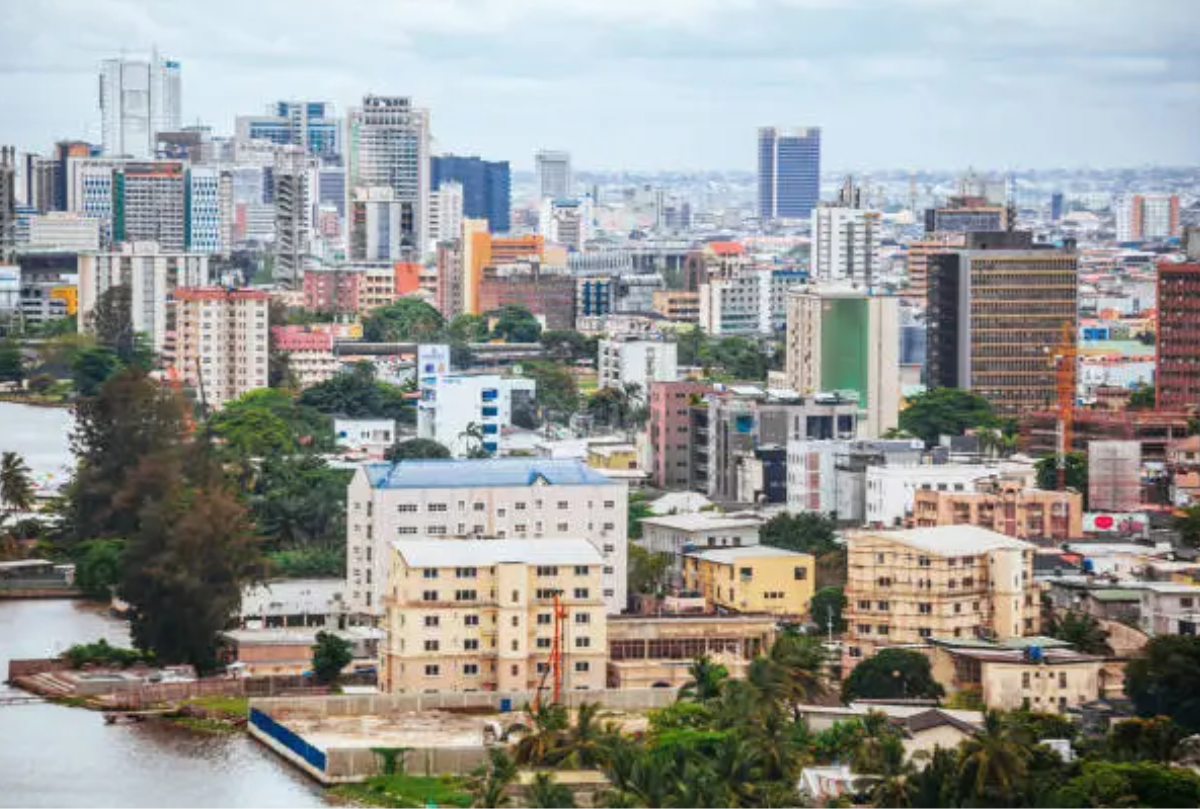Nigeria’s Fixed Broadband Market Shrinks as 18 ISPs Exit, Mobile Gains Ground
Without targeted regulatory intervention and improved affordability of last-mile infrastructure, the fixed broadband segment may continue to lose ground, potentially widening Nigeria’s digital access gap.

Nigeria’s fixed broadband market has recorded its sharpest contraction in recent years, with the total number of Internet Service Provider (ISP) subscribers falling from 307,946 in Q3 2024 to 289,369 in Q1 2025. This is according to newly published data from the Nigerian Communications Commission (NCC ), which also confirmed that 18 licensed ISPs exited the market during this period.
The decline, amounting to over 18,500 lost subscribers, reflects broader structural pressures within Nigeria’s broadband sector, including rising operational costs, persistent infrastructure gaps, and the continued migration of users toward cheaper and more accessible mobile internet services.
Fixed Broadband Providers Lose Ground
Several major ISPs reported notable subscriber losses. FibreOne , one of the country’s leading fibre-to-the-home providers, experienced a 42.4% drop in its user base. Starlink , which had previously gained rapid market share through satellite connectivity, saw a 9% decline. Spectranet , the largest fixed wireless provider by total subscriptions, recorded a 2.08% loss during the same period.
These losses underscore the growing difficulty faced by fixed broadband providers in maintaining user bases amid increased price sensitivity and competition from mobile operators.
Mobile Continues to Dominate Internet Access
In contrast, mobile GSM subscriptions remained resilient. NCC’s latest subscriber technology data shows that Nigeria recorded 141.6 million active GSM lines in January 2025, up from 138.7 million in December 2024. Overall, total active telecommunications lines—including GSM, fixed, and VoIP—stood at 219.3 million as of January, showing a slight month-on-month increase.
While fixed wired/wireless subscriptions rose modestly from 113,754 in December 2024 to 122,260 in January 2025, they remain a fraction of the overall broadband landscape. VoIP lines, which had been on a downward trend in late 2024, recovered slightly to reach 176,143 active users.
Infrastructure Remains Uneven
The NCC’s quarterly ISP report also highlights infrastructure disparity across the sector. Out of over 200 active licensees, only a handful operate at scale. Spectranet maintains 641 Points of Presence (POPs), while ipNX operates 54 and Tizeti 146. In contrast, Starlink serves tens of thousands of users with a single registered POP.
The concentration of infrastructure and users in a few operators reflects ongoing challenges in expanding national broadband coverage, particularly in underserved and rural regions.
The latest figures from the NCC reflect a broadband market undergoing adjustment. While mobile continues to expand its reach and dominate internet usage, fixed-line ISPs face headwinds from both market forces and policy uncertainty. Without targeted regulatory intervention and improved affordability of last-mile infrastructure, the fixed broadband segment may continue to lose ground, potentially widening Nigeria’s digital access gap.






